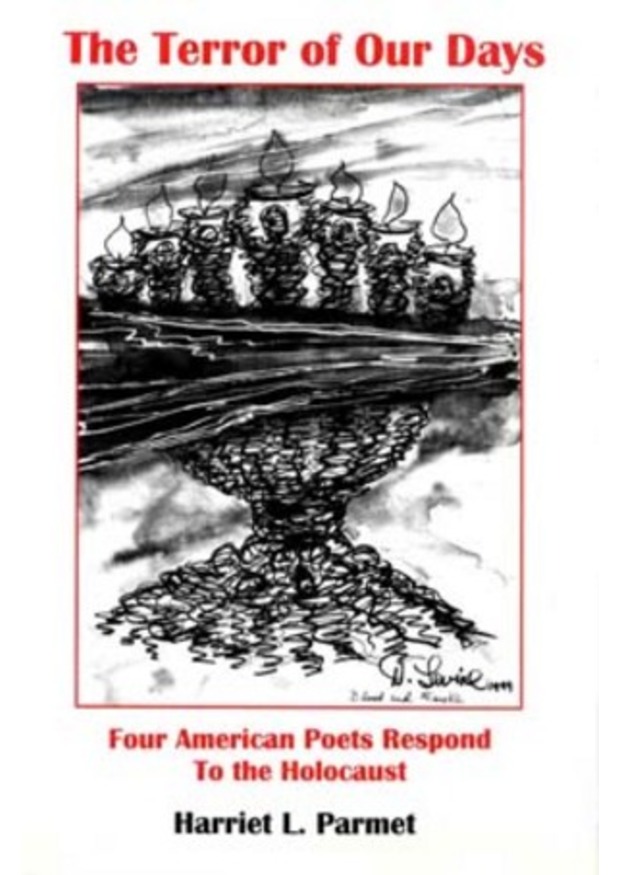Four American Poets Respond to the Holocaust
The Holocaust remains incomprehensible to the world at large and without a compelling claim on most people's lives. By contrast the term "Holocaust" occupies a central place in Jewish vocabulary, and it is kept current in American letters and film. This book reflects on and analyzes poetry by four contemporary Americans Sylvia Plath, William Heyen, Gerald Stern, and Jerome Rothenberg, none of whom directly experienced the war of annihilation directed against European Jewry. For these poets, who must accommodate what they cannot ignore or deny, writing becomes a moral obligation as commemoration, catharsis, atonement, history, insistence on human sensitivities, resistance to brutalization, indifference, and flight from consequences.
Plath attempts to work herself out of her private turmoil by using the Holocaust as a metaphor for this pain. While God and the Holocaust are equally impenetrable and unfathomable, Plath's recourse is to be found in Christian symbolism. Heyen, whose parents emigrated from Germany in 1928, leaving behind members of the family who became Nazis, felt driven to confront history as part of his own background. Stern expiates his middle-class American guilt by envisaging and transposing himself into the victims in a highly familiar manner. His work is closely and carefully circumscribed to Judaic ritual with the Kaddish (Jewish memorial prayer), an inescapable element of Holocaust poetry. Rothenberg must return to where it all began for him by exploring the awesome locale of his familial roots. He visited Poland and realized that his immigrant parents' native town was only fifteen miles from Treblinka, where nearly all of his relatives were murdered. The silence of the death camp created for Rothenberg "a vacuum in which the dead are free to speak."
Holocaust poetry, on the counts of original creation as well as that of vital cultural transmission, must be considered among the most compelling writings of our day. If the late T. W. Adorno's proposition "to write poetry after Auschwitz is barbaric" were to be taken literally, it would undermine the validity of this endeavor as well as the vast body of existing literature.
This study includes an introductory chapter addressing the issue raised by Adorno as well as a survey of interpretation of the components of the Holocaust genre followed by chapters on each of the poets. Questions to be probed include the particularity of suffering juxtaposed on the universality of human pain; the validity and effectiveness of history recounted in the poetic genre; the poet as advocate and witness; the paradox of remoteness; the compulsion to write and rewrite Holocaust history and the uniqueness of the artist's approach to Holocaust material.
The study explores the efficacy of language as a means of "remembering" in the American Holocaust poetry of Sylvia Plath, William Heyen, Gerald Stern, and Jerome Rothenberg.













